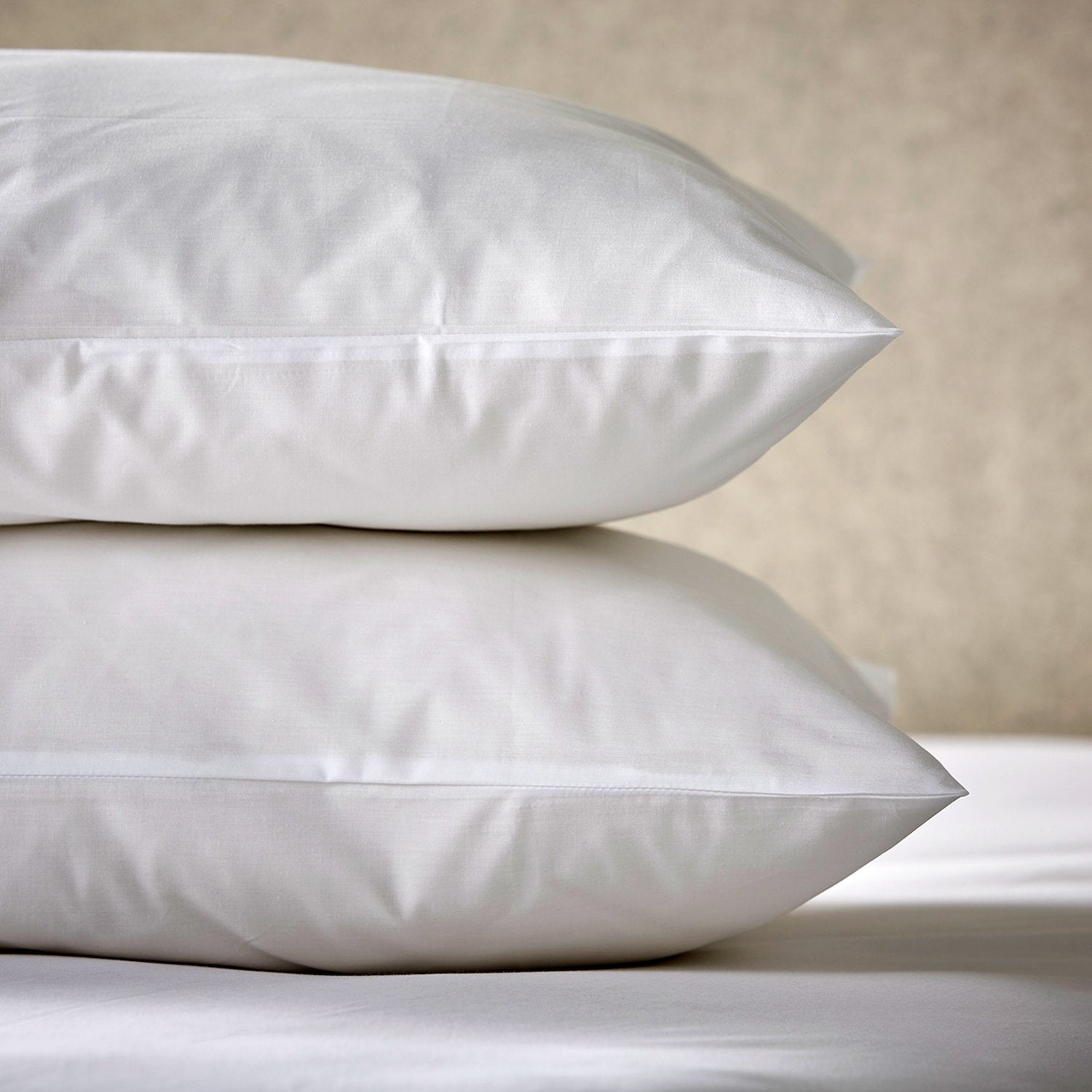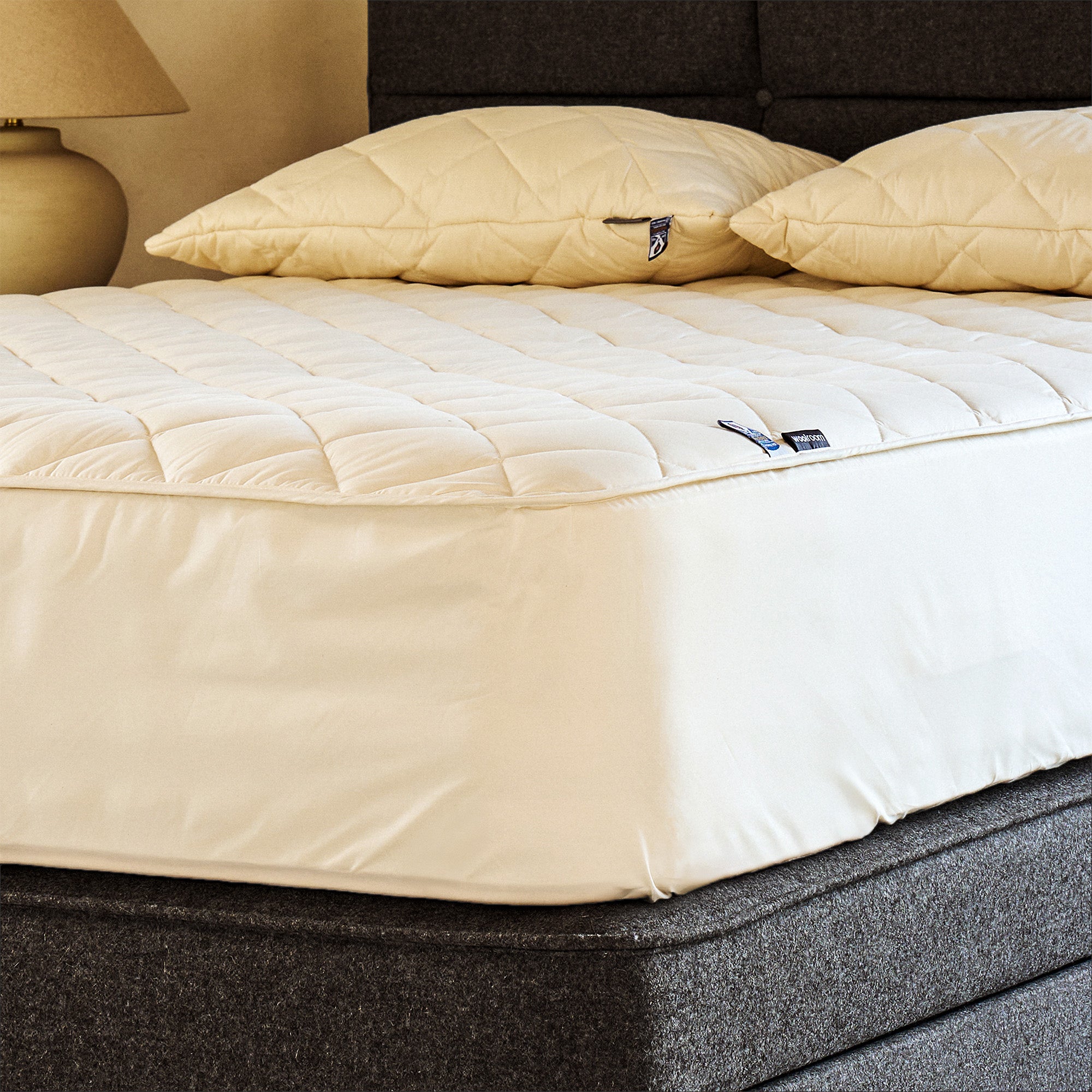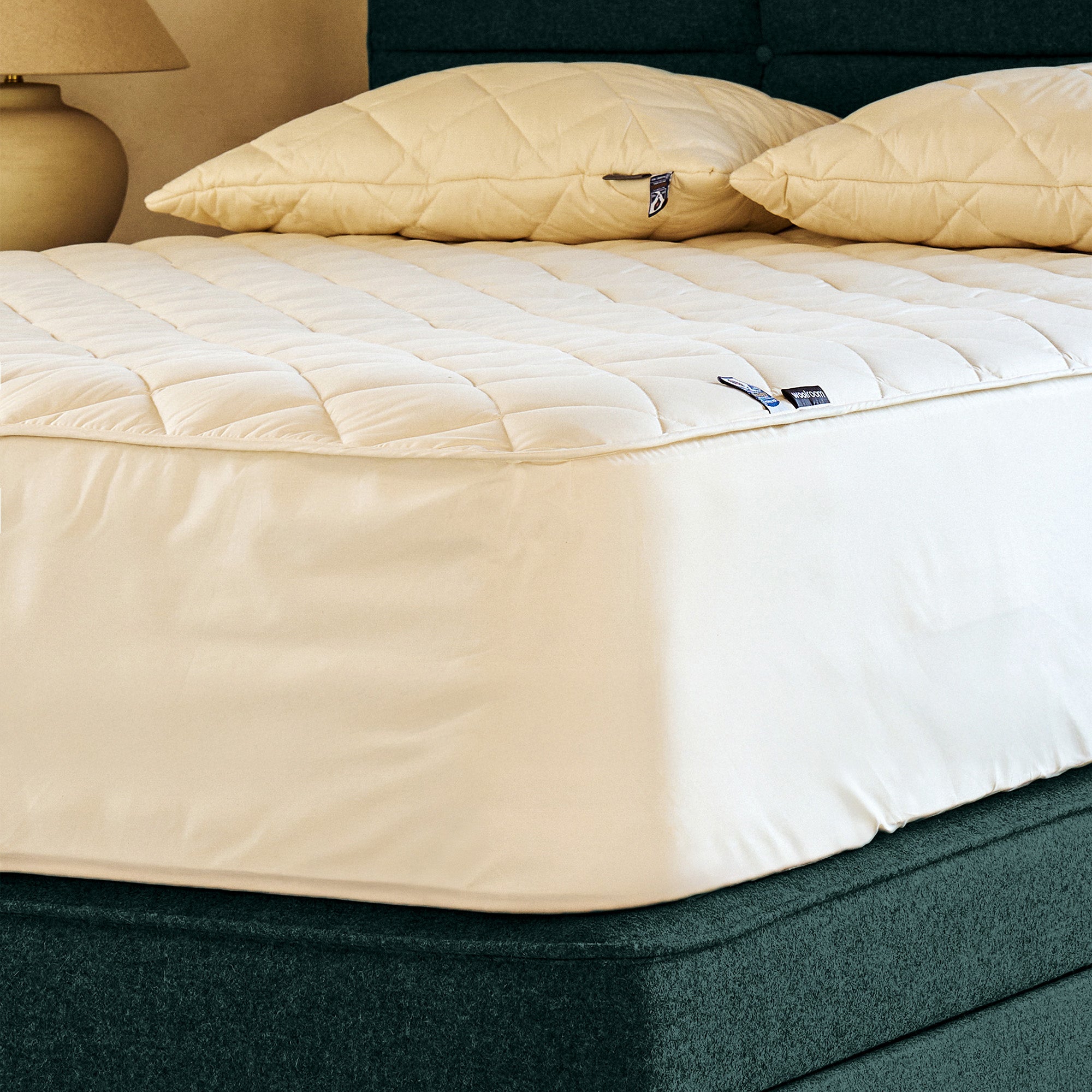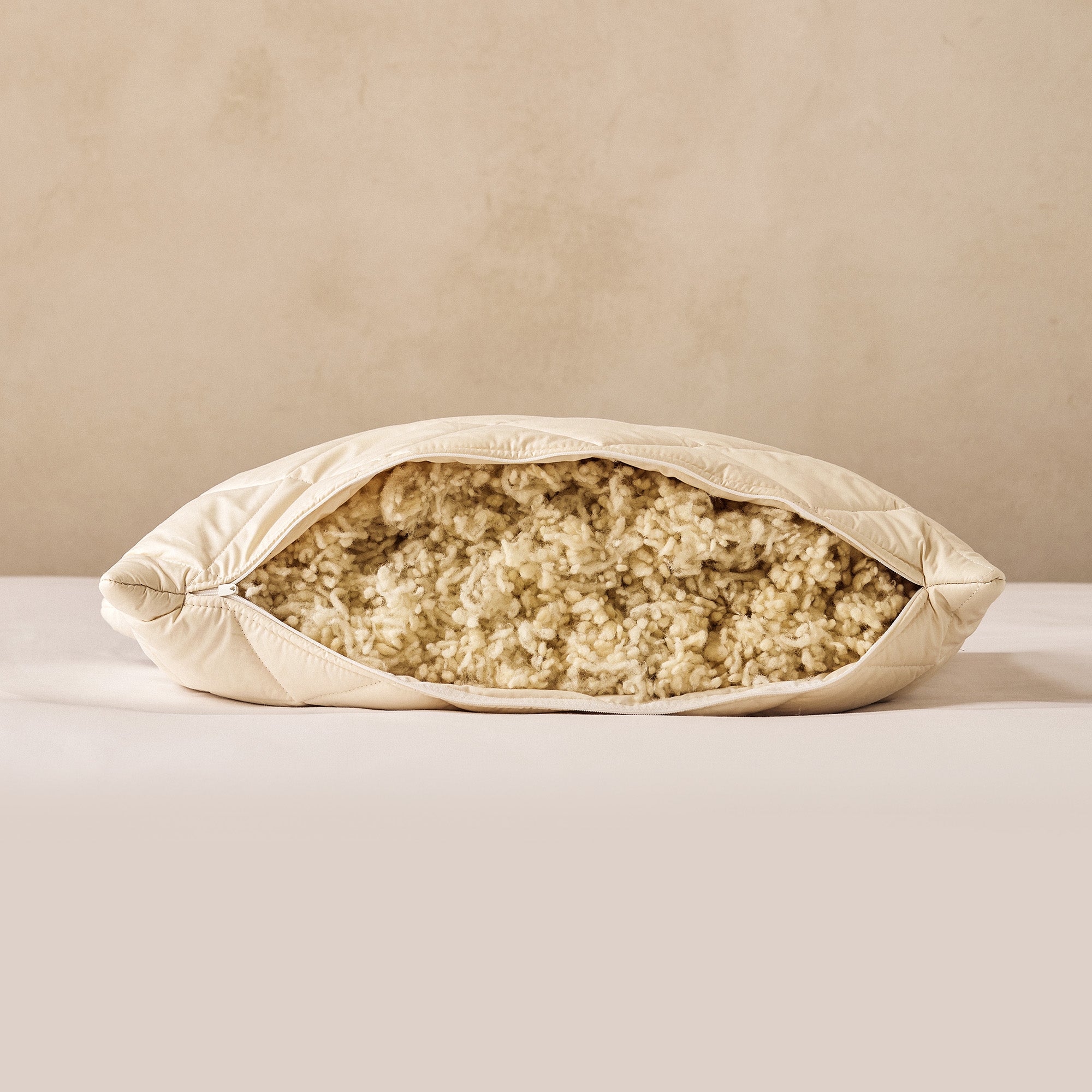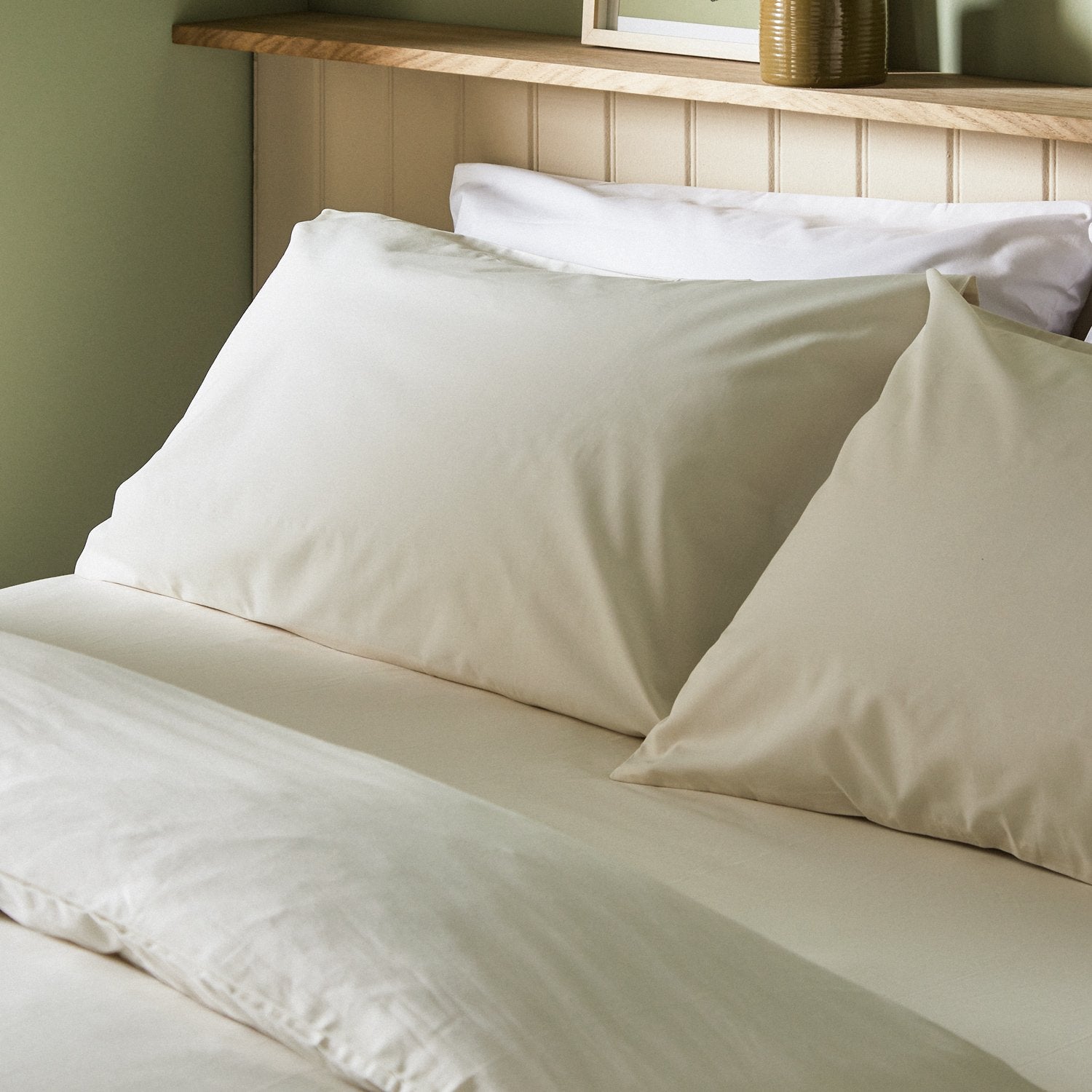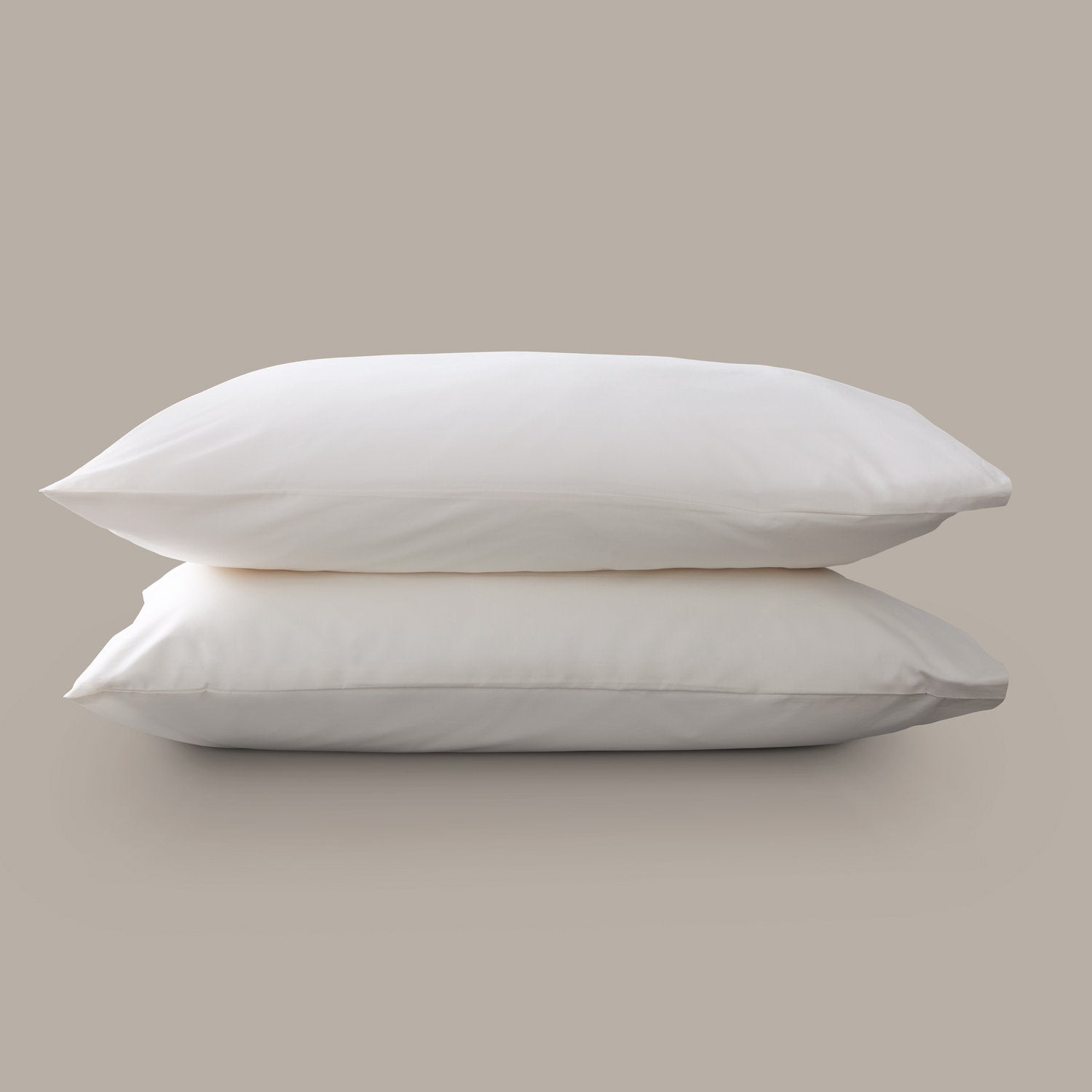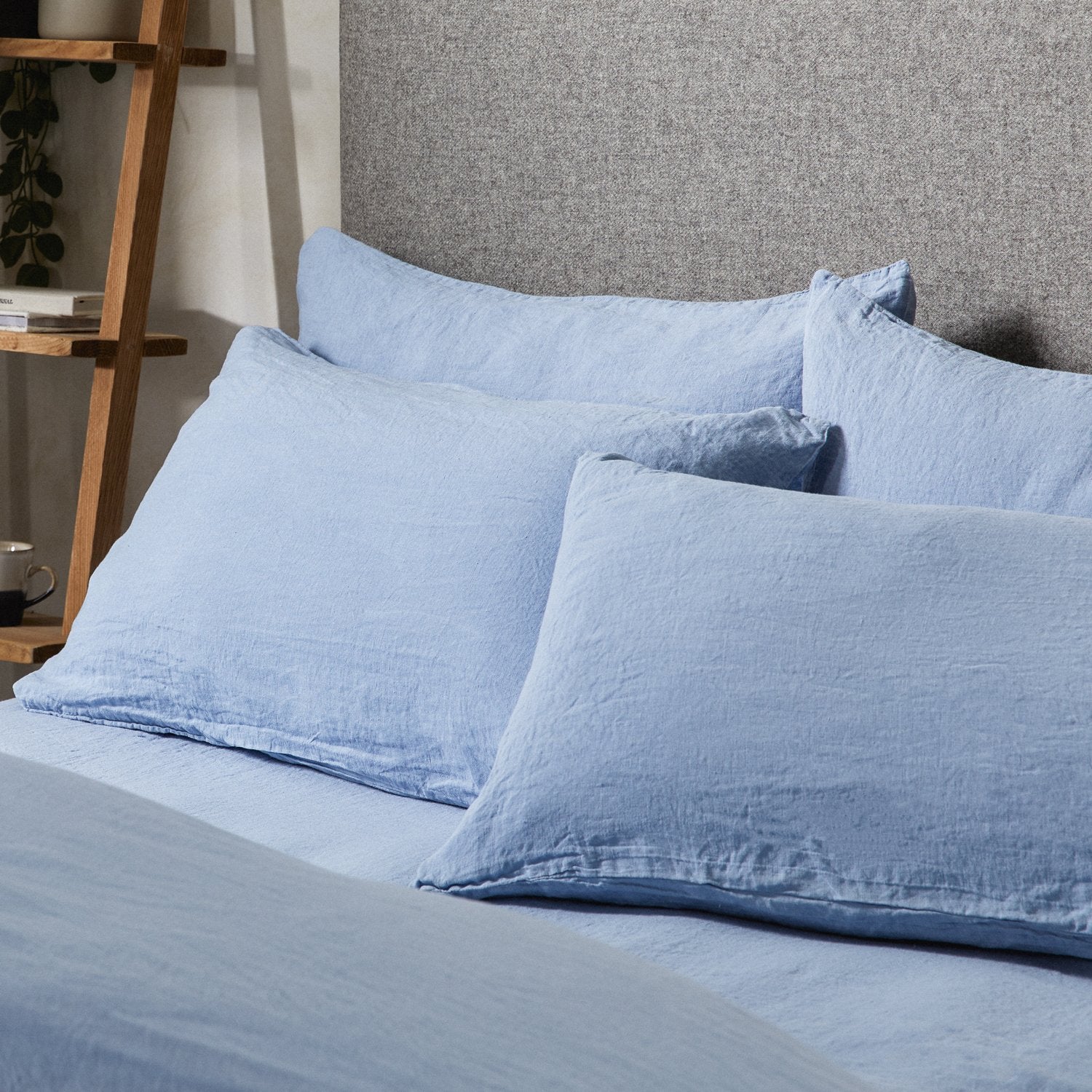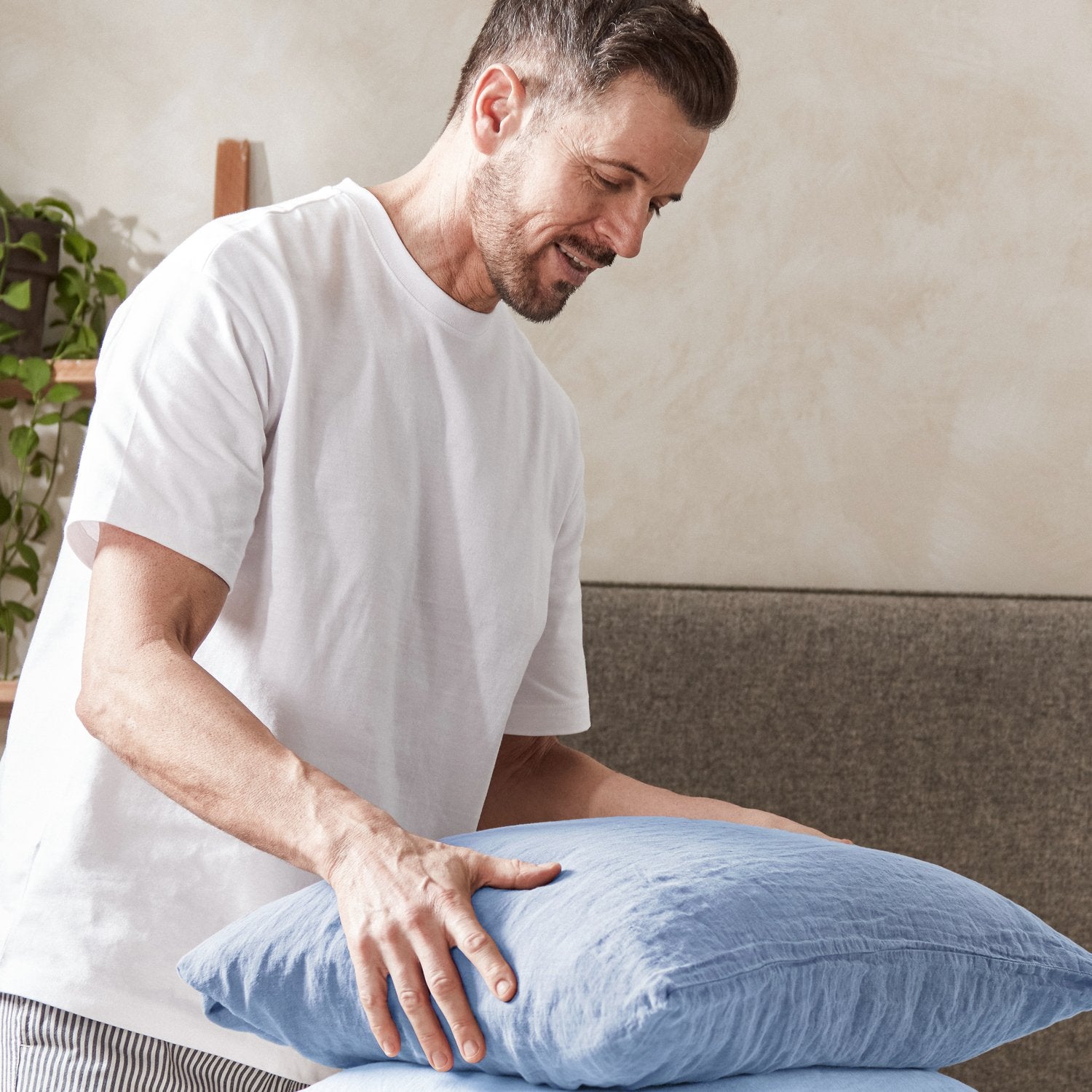If you live with diabetes and regularly wake up sweating in the night, you’re not alone. Many people experience night sweats linked to diabetes, and it can be both disruptive and distressing. In this guide, we’ll explore why sweating while sleeping is common among people with diabetes, what causes it, and how you can manage it — all while supporting better sleep.
Why Does Diabetes Cause Night Sweats?
Night sweats are episodes of excessive sweating during sleep, even when your room is cool. For people with diabetes, the most common cause is nocturnal hypoglycaemia — a drop in blood sugar levels during the night. When your blood sugar drops too low, your body triggers a stress response, releasing adrenaline. This can cause sweating, a racing heart, and even feelings of anxiety. You may wake up drenched in sweat, disoriented, or needing to eat something to stabilise your blood sugar.
Common causes of hypoglycaemia at night include:
- Taking too much insulin or other diabetes medication
- Skipping or delaying meals
- Exercising close to bedtime without adjusting food or medication
- Drinking alcohol, which can lower blood sugar overnight
These sudden drops in glucose can leave you waking up clammy and fatigued — and over time, poor sleep can take a toll on your overall health and wellbeing.
Symptoms of Diabetes-Related Night Sweats
If you're unsure whether your excessive sweating at night is related to diabetes, here are some signs to watch for:
- Waking up with damp sheets or nightwear
- Headaches or dizziness in the morning
- Feeling shaky or anxious during the night
- Disrupted sleep or difficulty falling back asleep
- Hunger or needing to eat sugary foods during the night
If you recognise these symptoms, speak to your GP or diabetes nurse — you may need to adjust your treatment or monitoring routine.
Does Type 2 Diabetes Make You Sweat More?
Yes, type 2 diabetes can sometimes cause increased sweating, though the mechanisms can vary. For some, it’s due to low blood sugar. For others, especially in later stages, diabetes-related nerve damage (autonomic neuropathy) can affect the body’s ability to regulate temperature and sweating. This can cause excessive sweating — during the night, after meals, or even while resting. If you notice unexplained sweating and diabetes symptoms, it’s worth tracking them and sharing with your healthcare provider.
Tips to Manage Night Sweats and Sleep Better
Improving your sleep environment and managing your diabetes more closely can help reduce diabetes night sweats. Here are some simple tips that may help:
- Track your blood sugar before bed - Check your glucose levels in the evening and adjust snacks or insulin if needed (under medical guidance).
- Avoid alcohol close to bedtime - Alcohol can lead to blood sugar dips during the night, increasing your risk of hypoglycaemia at night.
- Choose breathable bedding and sleepwear - Natural materials like wool help regulate body temperature and wick away moisture. In fact, studies have shown wool bedding can create a drier, more comfortable sleep climate compared to synthetic alternatives.
- Keep your room cool and well-ventilated - A room temperature of around 16–18°C is ideal for restful sleep.
- Speak to your healthcare provider - If night sweats are frequent, they may suggest adjusting your diabetes management plan.
Sweating in sleep can be unsettling, but understanding its link to diabetes — especially nocturnal hypoglycaemia — is the first step toward better nights. With the right approach to managing your blood sugar and a sleep environment that supports temperature regulation, you can reduce discomfort and wake up feeling more refreshed.
If you're looking to stay cooler, drier, and more comfortable throughout the night, consider switching to natural wool bedding — a breathable, moisture-wicking alternative that works with your body to promote deeper, healthier sleep. Explore our sleep advice hub for more helpful information to aid a better night’s sleep.
Explore our sleep advice hub for more helpful information to aid a better night’s sleep.



